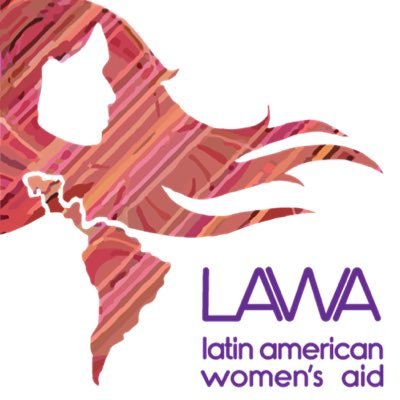Latin American and Caribbean countries have for long denied racial diversity and its impact on miscegenation processes. The homogenisation of national identities has led to the concealment of the profound racism and social inequality to which indigenous and Afro-descendant communities have historically been subjected. Colonialism, slavery, forced displacement, exile, and migration are some of the processes that communities of African origin have gone through to settle in territories where today they are denied the right to be recognised as citizens.
We hear Argentines say that “their ancestors descended directly from the ships of Europe” to claim their whiteness, while in Mexico it is unknown that its first president in a territory free from Spanish tutelage was Vicente Guerrero, a native of Tixtla, Guerrero, place of an Afro-Mexican community since colonial times. We had to know about the murder of Marielle Franco, in Brazil, to once again recognise the resistance of Afro-Brazilians and bring the debate about race to more visible scenarios. And talking about the humanitarian crisis in Haiti to reiterate that this was the first country in the Americas to have a radical revolution, anticipating the French revolution.
The presence of Afro-descendants in Latin America and the Caribbean, marked by forced displacement from their territories since colonial times, is part of the human movements of the diaspora. Diaspora is a category used in cultural studies to name specific groups of people who have been violently uprooted from their homelands and settled elsewhere. These communities resist full assimilation into the territories they are beginning to inhabit and are able to preserve what they consider valuable from their roots and ancestors.
The African diaspora in Latin America and the Caribbean began with the transatlantic trafficking in people of African origin, which is considered the defining element, although it does not end there. For example, in Argentina, at the end of Cape Verde’s Second World War, Spanish-speaking Africans entered not as slaves, but as free citizens fleeing Portuguese colonization and the conditions of poverty that existed on their islands. They settled mainly in Ensenada and Dock Sud, Argentina, close to the ports where they could find work. From 1990 onwards, people came from Mali, Senegal, Mauritania, Liberia, and Sierra Leone. Most of them were young people seeking better living conditions.
In Mexico, we can find very particular places with an Afro presence, linked to the diaspora and resistance since colonial times. One of them is Veracruz, an area close to the Gulf of Mexico and the Mexican Caribbean. There, there were places where people who fought for their freedom rebelled against Spanish treatment and now built free communities, called palenques or quilombos, which today bear names linked to their roots or take the name of their liberators. Yanga, Coyolillo, La Matamba, Mandinga, La Matosa, Mozomboa or the beaches of Mocambo are the best known places. Some historians of Afro communities mention that the city of Yanga, also known as San Lorenzo de Los Negros, was the first free territory formed by former slaves and with its own autonomy.
In Colombia, the first free territory is said to be San Basilio de Palenque, an area very close to Cartagena de Indias. A key feature of this place is its language, the palequero. Some historians comment that this particular language is a mixture of Portuguese, Spanish, and several Bantu languages originating in Central and South Africa. This place, like Yanga Veracruz, is linked to the history of a rebel: Benckos Bioho, who in 1713 rebelled against Spanish rule, thus founding San Basilio Palenque.
Certainly, in each territory of the countries where we come from, there is a reference to an African presence. We can see this legacy in food, music, religion, especially in expressions of Afro-Caribbean and Afro-Caribbean origins with increasing visibility, in language, lyrics, and proverbs of oral wisdom, as well as in natural remedies and, of course, in toponyms and toponyms that reiterate the importance of recognising Afro-descendants not only in the past but in the present.





